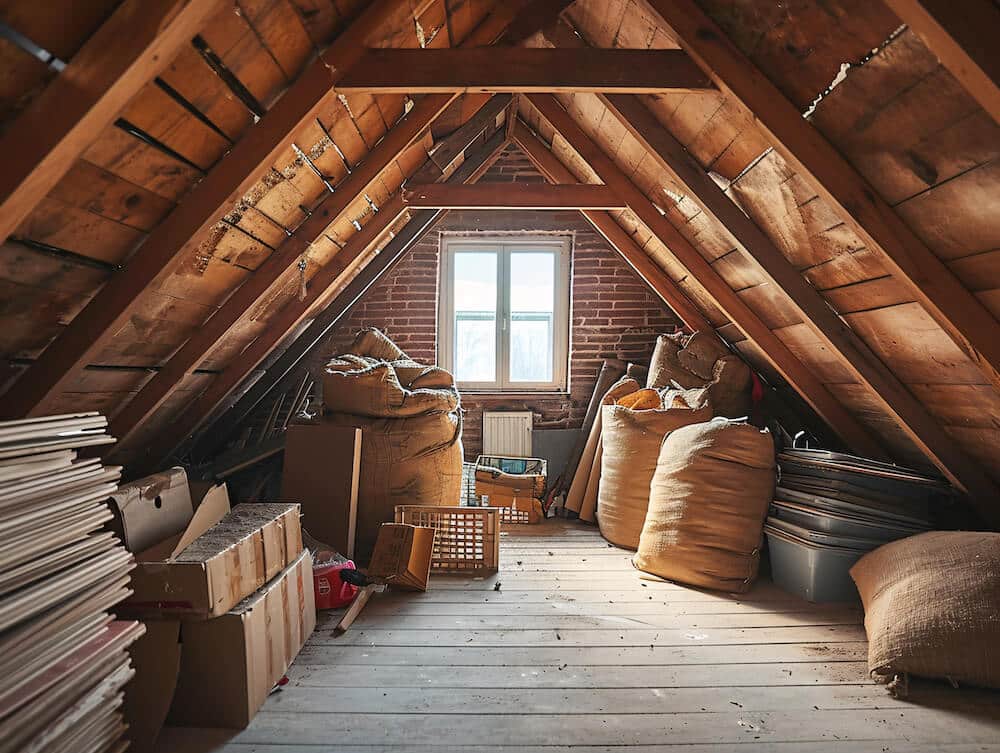Mice are more than just a common household nuisance; they are resourceful little creatures capable of infiltrating homes in various ways. Understanding how do mice get in attic is crucial for prevention and elimination. Attics, often left undisturbed, provide an ideal environment for these rodents to thrive. In this article, we will explore the ways through which mice invade attics, tips to prevent this intrusion, and how to address existing problems.
This piece will delve into the typical entry points, signs of infestation, preventive measures, and the best methods of removal. A thorough understanding will empower you to protect your home effectively!

Common Entry Points for Mice
Identifying how mice infiltrate your attic can help in blocking their access. Here are some common ways mice enter attics:
- Gaps in Vents: Poorly sealed vents can serve as highways for mice to access your attic.
- Roof and Eaves: Mice can climb trees or nearby structures and find access through roof eaves.
- Foundation Cracks: Small cracks in your homes foundation may allow mice to enter. They can squeeze through holes the size of a dime!
- Utility Lines: Any utility line entering your home can create a gap that mice can exploit.
Signs of a Mouse Infestation in Your Attic
Proactively identifying signs of a mouse problem can save you from extensive damage and health risks. Here are some indicators:
- Droppings: The presence of droppings is one of the most telling signs of mice in your attic. You can learn more about cleaning rodent droppings to keep your space safe.
- Nesting Material: Mice often collect materials such as insulation, fabric, or paper for nesting. Finding these in your attic is a red flag.
- Gnaw Marks: Check for gnaw marks on beams or wiring, which indicate that mice have been active.
- Strange Noises: Scratching or scuttling sounds at night may signify mice activity in your attic.
Preventive Measures: Keeping Mice Out of Your Attic
Taking steps to stop mice from entering your attic is essential. Here are some effective strategies:
- Seal Entry Points: Inspect your attic regularly and seal any gaps, especially around vents and pipes.
- Trimming Foliage: Keep trees and shrubs trimmed so they do not touch your home and provide an easy climbing route for mice.
- Proper Insulation: Ensure that your attic insulation is intact. Mice can nest in insulation if it is damaged or dislodged.
- Regular Inspections: Regularly check your attic to spot signs of intrusion early.
How to Remove Mice from Your Attic
If you suspect a mouse infestation, you have a few options for removal. Here are some effective methods:
- Trapping: Setting up traps is a humane and effective way to capture mice. Use snap traps or live traps depending on your preference.
- Professional Help: If the infestation is severe or you are uncertain, seeking help from a professional pest control service may be necessary. Check out professional removal tips.
- Natural Repellents: You may consider natural repellents, such as peppermint oil, to deter mice from entering certain areas.
The Health Risks Associated with Mice
Mice can pose significant health risks due to their potential to carry diseases. Understanding these risks emphasizes the importance of control and prevention. Here are a few diseases associated with rodent infestations:
- Hantavirus: Common in areas where mice live, this virus can be transmitted to humans through contact with droppings or urine. Learn about hantavirus prevalence.
- Salmonella: This bacterium can be spread by mice contaminating food, leading to food poisoning in humans.
- Lymphocytic Choriomeningitis (LCMV): This viral infection can affect both people and pets, carried primarily by house mice.
Conclusion: The Importance of Prevention
In summary, understanding how do mice get in attic is vital for maintaining a safe and healthy home. Monitoring your attic for signs of intrusion and implementing preventive measures can protect your home from these unwelcome rodent guests.
It is always easier to prevent a problem than to solve it later. If you have issues with mice, consider taking action now and protecting your home against these invasive pests.

FAQ Section
1. How can I tell if I have mice in my attic?
Look for signs such as droppings, gnaw marks, nests, and unusual sounds.
2. What attracts mice to my attic?
Mice are usually attracted to food sources and nesting materials. They may also seek shelter in warm areas during colder months.
3. Can I get rid of mice on my own?
Yes, you can use traps and repellents; however, for severe infestations, professional help may be best.
